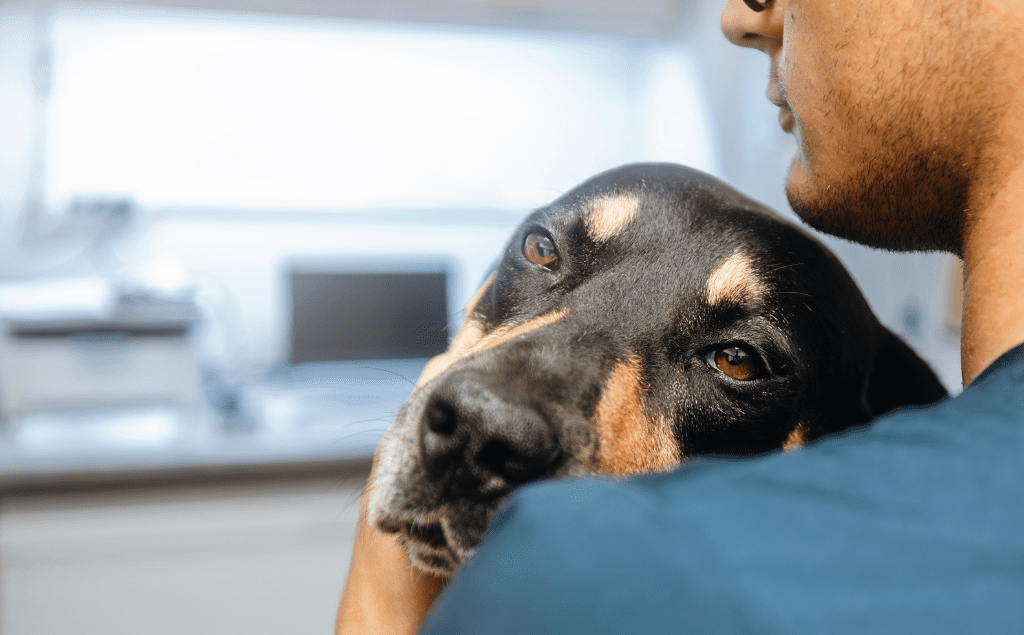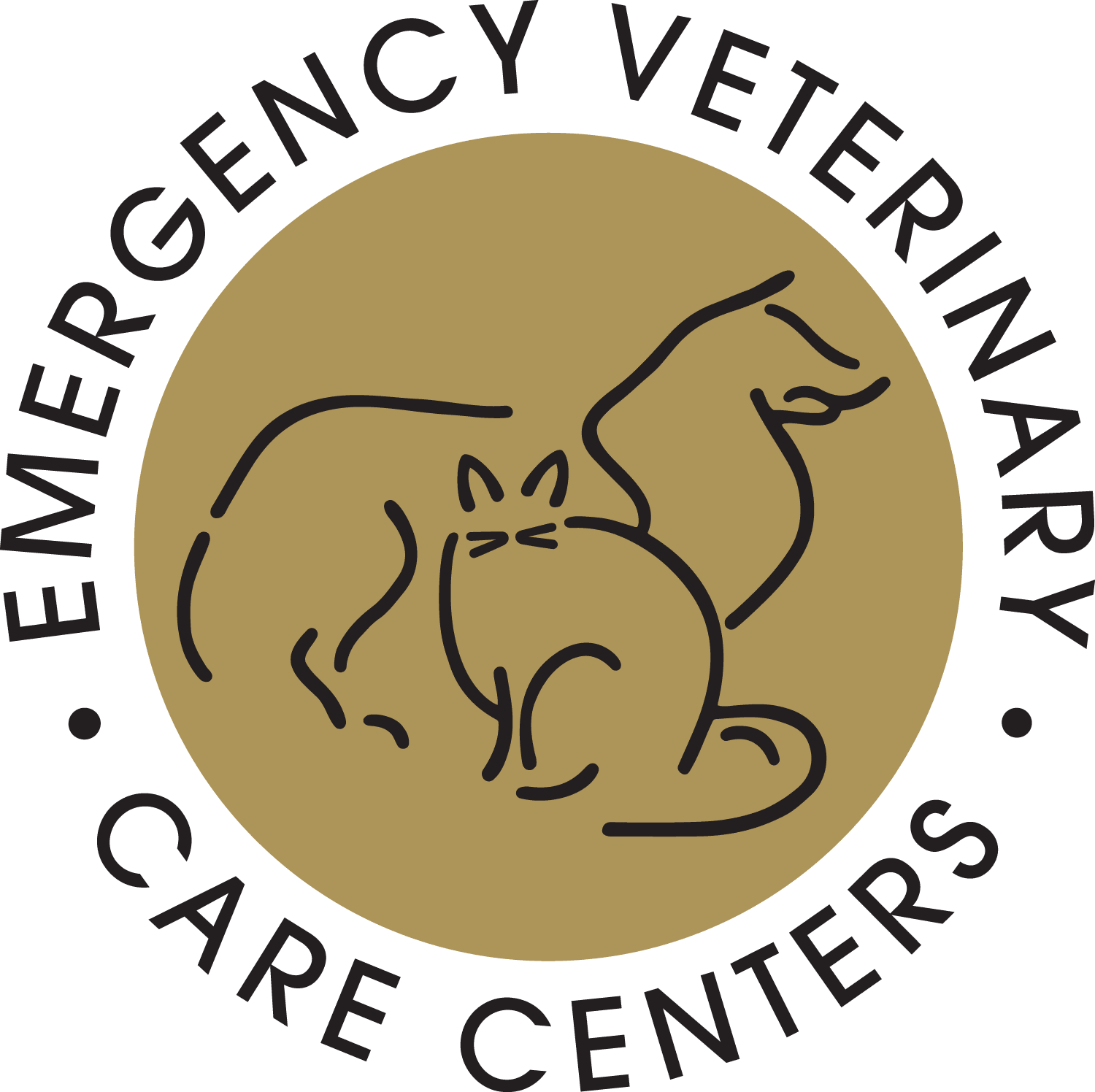How to Protect Your Dog From Xylitol Poisoning
As a devoted dog owner, ensuring the safety and well-being of your furry companion is a top priority. One hidden danger that lurks in many common household products is xylitol. Understanding how to protect your dog from xylitol poisoning is crucial for their health.
In this comprehensive guide, we’ll navigate the risks of xylitol, how to avoid exposure, and the importance of veterinary intervention in case of an emergency. Should you have concerns or need immediate assistance, our team at Emergency Veterinary Care Centers is here to help.

What is Xylitol?
Xylitol is a sugar substitute found in many products, including sugar-free gum, candies, baked goods, and even certain brands of peanut butter. It's also an ingredient in some dental care products and medications. While xylitol offers benefits for human health, such as reducing the risk of cavities and helping with blood sugar control, it poses a significant risk to dogs.
Identifying Products Containing Xylitol
Being aware of which products contain xylitol is the first step in prevention. Always check the ingredient list on products, especially those labeled as "sugar-free" or "no added sugar". Be particularly vigilant with the following:
- Sugar-free chewing gums and candies
- Dental hygiene products like toothpaste and mouthwash
- Certain peanut butters and other nut butters
- Diet foods and baked goods
- Some vitamin supplements and medications
Recognizing the Symptoms of Xylitol Poisoning
If a dog ingests xylitol, the symptoms can manifest within 10 to 60 minutes. These signs may include:
- Vomiting
- Weakness or lethargy
- Difficulty walking or standing
- Tremors or seizures
- Coma
It's vital to understand that xylitol can quickly lead to hypoglycemia (low blood sugar), which can be life-threatening if not treated promptly.
The Critical Time Frame for Symptoms
The rapid onset of symptoms requires immediate attention. If you suspect your dog has consumed xylitol, it's a medical emergency that requires the expertise of veterinary professionals.
Preventing Xylitol Poisoning
Prevention is always better than cure. To protect your dog from xylitol poisoning, you should:
- Keep all xylitol-containing products out of your dog's reach.
- Educate your family about the dangers of xylitol.
- Be mindful of products you bring into your home.
- Choose dog-safe products and foods, particularly peanut butter and treats.
Safe Storage Strategies
Ensuring products containing xylitol are stored securely can prevent accidental ingestion. Consider using childproof locks and keeping products in high cabinets to ensure your dog's environment is as safe as possible.
The Role of Veterinary Care in Xylitol Poisoning
If you suspect your dog has ingested xylitol, contact a veterinarian immediately. Time is of the essence, and the sooner your pet receives medical attention, the better their chances of recovery.
At Emergency Veterinary Care Centers, our team of skilled professionals is equipped to manage such emergencies with prompt care and precision. Our facilities are ready to respond to urgent situations, providing critical care when your dog needs it the most.
If your dog is exhibiting any symptoms or if you know they have ingested xylitol, don’t wait. Contact Emergency Veterinary Care Centers or bring your dog to one of our locations right away.
In conclusion, xylitol poisoning is a serious concern for dog owners. By being vigilant about what your dog has access to, recognizing the symptoms of poisoning, and understanding the importance of immediate veterinary care, you can ensure your pet stays safe. Remember, if you ever face a situation where you believe your dog has ingested xylitol, call or visit Emergency Veterinary Care Centers immediately. Your swift action could save your beloved pet's life.
Recent Posts
About Us
At Emergency Veterinary Care Centers (EVCC), we know that pet emergencies are unpredictable and often stressful. That's why our team, with over 20 years of emergency and critical care experience, is ready to assist you and your pet in the toughest situations.


